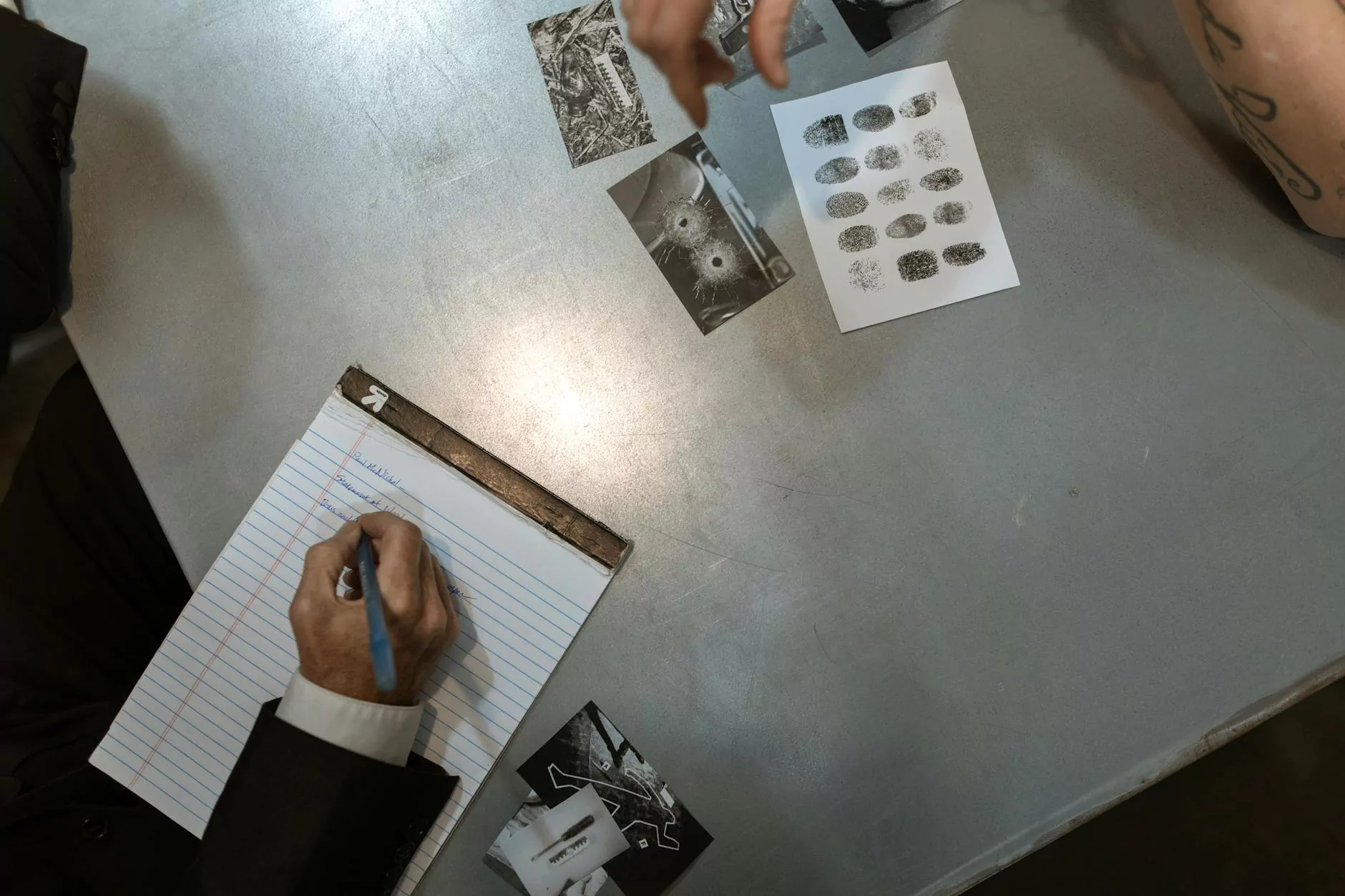Case Study on Biomedical Ethics in the Christian Narrative
Book Reports
Introduction
Welcome to The Knowledge Nest's comprehensive case study on biomedical ethics in the Christian narrative. In this detailed exploration, we delve into the intersection of faith and healthcare, shedding light on the ethical dilemmas faced by Christians in the field of biomedicine. Our aim is to provide a deeper understanding of the complexities involved, offering insights into how Christian values and beliefs influence moral decision-making in medical contexts.
The Christian Perspective on Biomedical Ethics
The Christian narrative holds a rich heritage of ethical principles rooted in the teachings of Jesus Christ and the biblical scriptures. Christians believe in the inherent value and dignity of every human life, viewing it as a sacred gift from God. This profound belief forms the foundation for their ethical stance on various medical issues, ranging from the beginning of life to its end.
Beginning of Life
When examining biomedical ethics relating to the beginning of life, Christians grapple with topics such as abortion, assisted reproductive technologies, and embryo research. These issues raise profound questions about the sanctity of human life, the role of a creator, and the moral responsibilities individuals and society have towards unborn children.
End of Life
At the other end of the spectrum, Christians engage in discussions surrounding euthanasia, palliative care, and end-of-life decision-making. Central to these conversations is the concept of death with dignity and the belief that life should be respected until its natural conclusion. Christians often turn to their faith to find guidance on navigating these complex ethical issues.
Christian Principles and Medical Decision-Making
In the field of biomedicine, Christians face a multitude of moral challenges that require careful consideration and discernment. They seek to navigate these challenges while upholding their core principles of love, compassion, and respect for human dignity.
The Sanctity of Life
One fundamental principle that guides Christians in medical decision-making is the belief in the sanctity of life. This principle asserts that human life, created in the image of God, is inherently valuable and should be protected and preserved. It influences choices regarding treatment options, organ donation, and research involving human subjects.
Beneficence and Non-Maleficence
The Christian notion of beneficence, which encompasses acts of kindness and goodwill, calls upon individuals to seek the well-being of others. Christians strive to promote healing, alleviate suffering, and prioritize the best interests of patients. Non-maleficence, the principle of avoiding harm, guides Christians in weighing the potential risks and benefits of medical interventions.
Autonomy and Informed Consent
Respecting individual autonomy and ensuring informed consent are vital considerations in Christian biomedical ethics. Christians advocate for patients to be fully informed about their medical conditions, treatment options, and potential risks. They believe individuals have the right to actively participate in decisions concerning their own healthcare, recognizing their God-given autonomy.
Challenges and Ethical Dilemmas
The application of Christian ethics in the context of biomedicine often presents challenges and ethical dilemmas that require careful thought and discernment. Christians must grapple with balancing their faith-based values with advancements in medical technology, social changes, and evolving cultural norms.
Technological Advancements
Rapid technological advancements in biomedicine provide promising opportunities for improved healthcare outcomes; however, they also raise ethical questions. Christians must navigate the complexities of fields like genetic engineering, artificial intelligence, and medical research to ensure ethical boundaries are upheld while embracing innovation.
Cultural and Societal Shifts
As cultural and societal norms evolve, Christians find themselves in a dynamic landscape that challenges traditional beliefs. Topics such as gender identity, reproductive rights, and end-of-life choices elicit diverse perspectives, requiring Christians to engage in compassionate dialogues while adhering to their deeply held convictions.
Conclusion
By exploring the case study on biomedical ethics in the Christian narrative, we gain a deeper understanding of the intricate interplay between faith and healthcare. The Knowledge Nest endeavors to shed light on the moral complexities faced by Christians in the biomedicine field, offering insights into the principles and values that underpin their decision-making processes. As we continue to navigate the ever-evolving realm of biomedicine, it is crucial to engage in respectful conversations that bridge the gap between diverse belief systems, seeking common ground while upholding our shared humanity.










